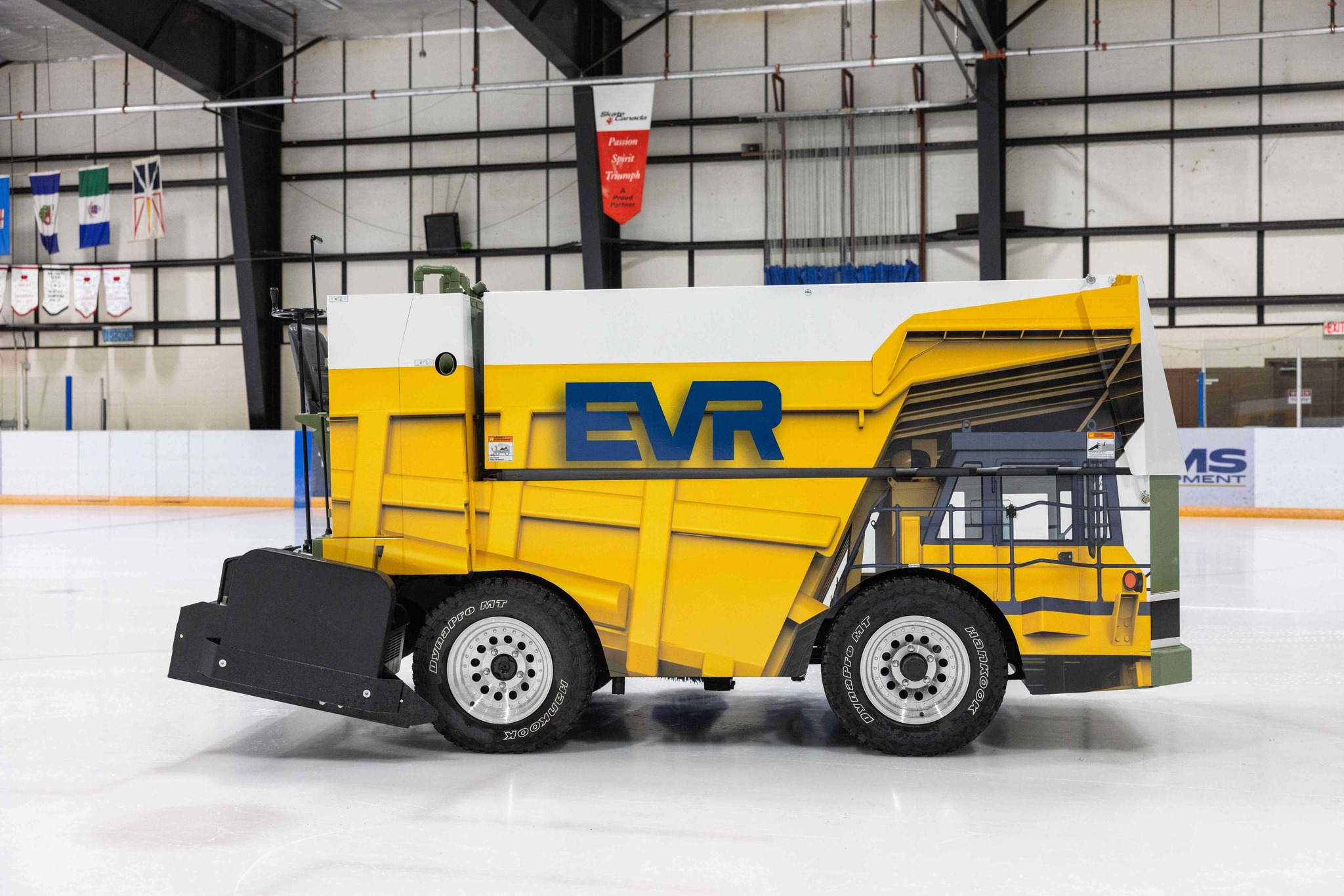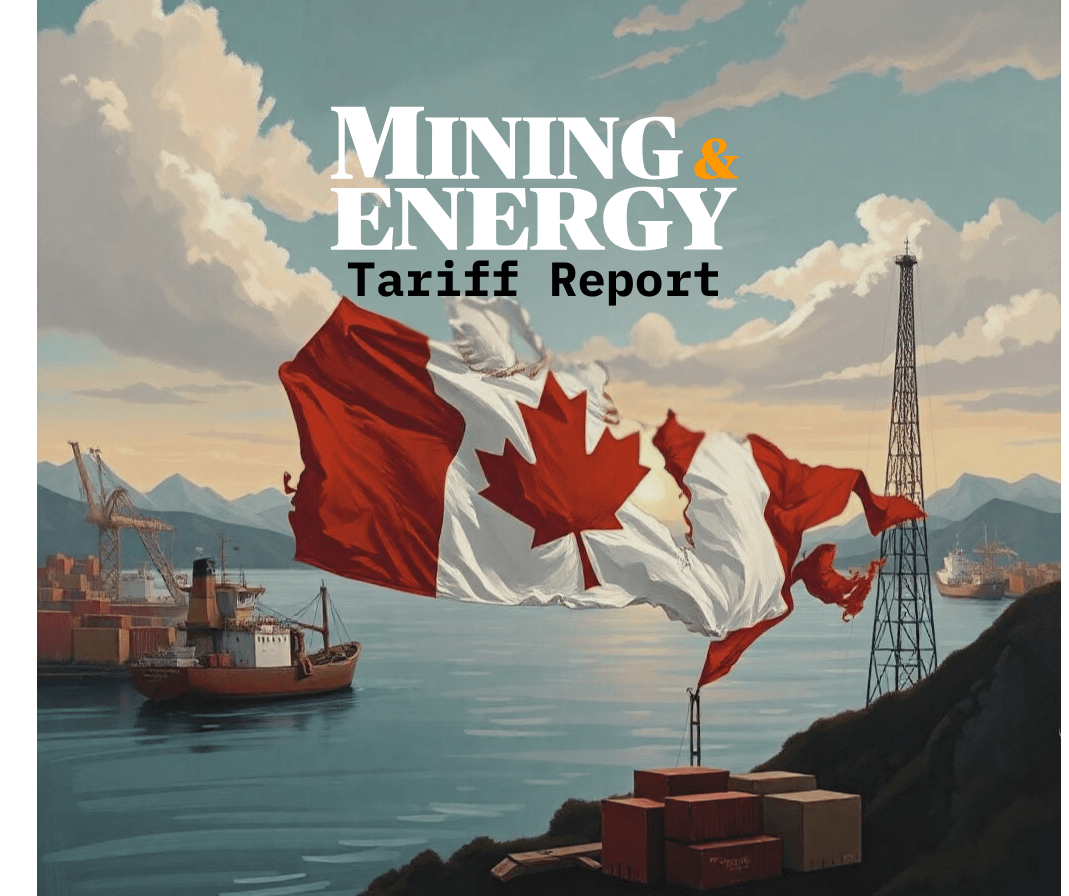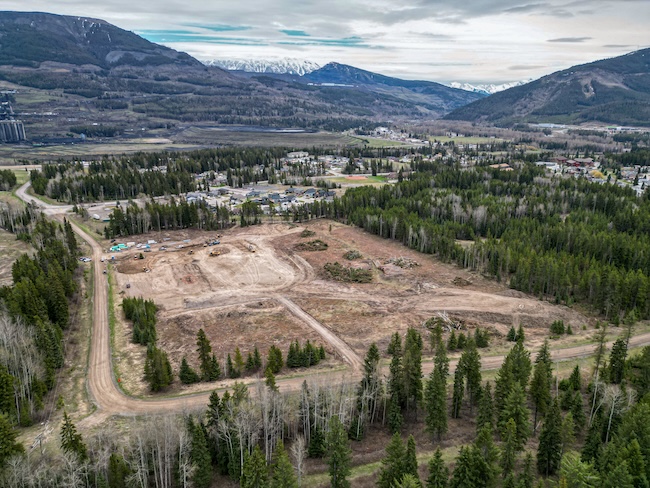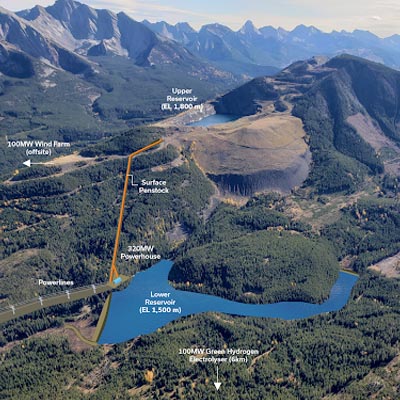Saturn Minerals’ unique approach to partnering with First Nations
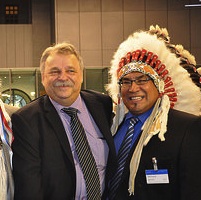
Stan Szary with Onion Lake First Nation Chief Wallace Fox (l) and Yellowquill Chief Larry Cachene (r). — Photo courtesy Saturn Minerals For many mini
Stan Szary with Onion Lake First Nation Chief Wallace Fox (l) and Yellowquill Chief Larry Cachene (r). — Photo courtesy Saturn Minerals
For many mining and exploration companies, dialogue with First Nations affected by their drilling and extraction operations can be an antagonistic affair—if it happens at all. Many companies simply ignore First Nations’ concerns until they make a significant discovery and are forced to deal with them. However, bringing in such significant stakeholders so late in the game can be costly in terms of both time and money. It can also lead to mistrust and hurt feelings that linger for decades.
When Stan Szary, president and CEO of Vancouver-based Saturn Minerals, set his sights on exploring the northern Williston Basin, which straddles the Saskatchewan/Manitoba border, he decided to take a completely different approach.
It all started back in 2008 when Saturn joined the coal rush that was taking place near the community of Hudson Bay, Saskatchewan. With over 60 companies looking to stake a claim in the area, it wasn’t long before local First Nations sent out a letter to each of the companies, requesting a meeting so they could share their concerns. Szary replied by requesting a meeting with Marlene Lumberjack, who authored the missive, and other local First Nation leaders. Only later did he discover that Saturn was the only company who responded.
“We had a lovely dinner meeting in Saskatoon,” Szary said. “Marlene and several chiefs and elders were there. I quickly understood their position, their desires and the opportunity that existed for partnership between an exploration company like Saturn and First Nations.”
As Saturn proceeded to explore the area, eventually making some significant coal and oil discoveries, Szary continued to pursue his relationship with the local bands.
“I probably had 30 to 40 meetings over a two-year period,” Szary said. “I went to the reserves, met elders, went to sweats. Part of it was social and part of it was business. I wanted to understand the community.”
Szary’s son Stefan, who serves as a director at Saturn, also participated in the relationship-building process.
“It involved boardroom meetings all the way to round dances and elder meetings,” Stefan said. “One thing we learned is that business and community overlap, especially on the reserve.”
Eventually, discussions turned to how Saturn might partner with local First Nations on a business level. Partnership is a key word for the Szarys, who contrast it with the traditional patronage approach.
“Patronage, whether profit-sharing or minimal accommodation, is just a guarantee of more problems down the road—misuse or misallocation of funds and so on,” Szary said. “The First Nations prefer to work together in the spirit and intent of treaty. I know that sounds fluffy, but it’s quite important on a relationship level. They approach treaty as a partnership rather than a surrender of rights. Partnership produces more benefits, not just goodwill. Once they take ownership, they start to bring projects to the table as well. It’s a sharing, collaborative atmosphere.”
Stefan is quick to point out that there’s nothing patronizing about this partnership.
“Some of these reserves are as capable as any partner you’ll find on Bay Street or Howe Street," said the younger Szary. "They operate like diversified conglomerates, with real estate and agricultural holdings. They are capable and interested, but when it comes to mining, there haven’t been a lot of examples out there.”
Saturn and their First Nations partners decided to be that example. In 2011, they formed the Inowending Exploration and Development Corporation, which is owned equally by Saturn Minerals Inc. and the Fishing Lake, Kinistin Saulteaux, Key and Yellowquill First Nations. Not only do the five entities share equally in expenses and profits, they’ve also built a trust into the agreement so that profits go toward developing educational opportunities and infrastructure on the reserves rather than distributing checks to each band member, as is done through traditional patronage agreements.
The Szarys are pleased with what they’ve accomplished and the potential it has to influence how relationships develop between other mining and exploration companies and First Nations.
“I don’t think you can go to a band in Saskatchewan where the Saturn name is not known,” Szary said.
With commodity prices down, development of Saturn’s various properties is currently on hold. However, the Szarys are confident the relationships they have developed with local First Nations will stand them in good stead once prices rebound.
“I think it’s just good business sense if you’re developing something near a community,” Szary said. “Small exploration companies already struggle with financing and unstable markets. Why add more problems by ignoring the people involved or being provocative?”
“Make the contact,” Stefan said, “because you’re going to have to make it sooner or later. Don’t be afraid of the conversation, because the earlier it happens, the better.”
